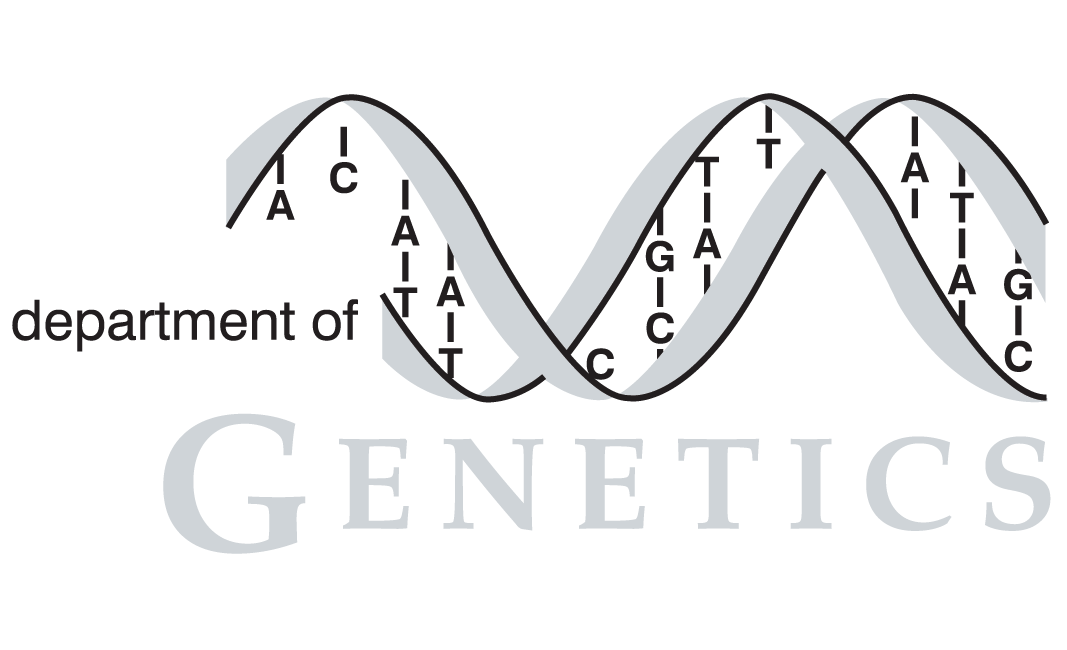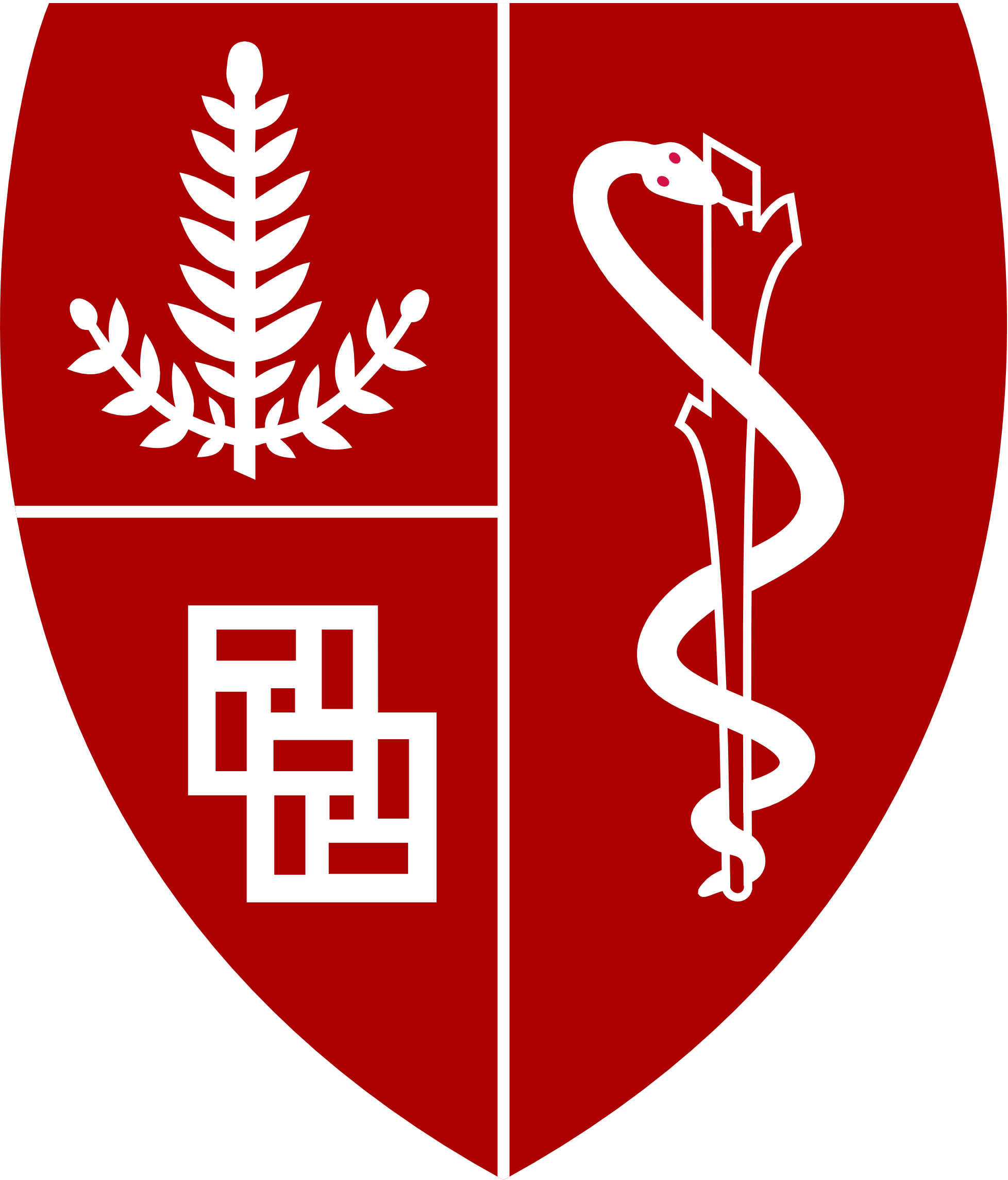| Citation | Miller-Fleming L, Antas P, Pais TF, Smalley JL, Giorgini F, Outeiro TF. Yeast DJ-1 superfamily members are required for diauxic-shift reprogramming and cell survival in stationary phase. Proceedings of the National Academy of Sciences of the United States of America, 2014. |
| PubMed ID | 24706893 |
| Short Description | Yeast DJ-1 superfamily members are required for diauxic-shift reprogramming and cell survival in stationary phase. |
| # of Conditions | 12 |
Full Description

|
The yeast Hsp31 minifamily proteins (Hsp31, Hsp32, Hsp33, Hsp34) belong to the highly conserved DJ-1 superfamily. The human DJ-1 protein is associated with cancer and neurodegenerative disorders, such as Parkinson disease. However, the precise function of human and yeast DJ-1 proteins is unclear. Here we show that the yeast DJ-1 homologs have a role in diauxic-shift (DS), characterized by metabolic reprogramming because of glucose limitation. We find that the Hsp31 genes are strongly induced in DS and in stationary phase (SP), and that deletion of these genes reduces chronological lifespan, impairs transcriptional reprogramming at DS, and impairs the acquisition of several typical characteristics of SP, including autophagy induction. In addition, under carbon starvation, the HSP31 family gene-deletion strains display impaired autophagy, disrupted target of rapamycin complex 1 (TORC1) localization to P-bodies, and caused abnormal TORC1-mediated Atg13 phosphorylation. Repression of TORC1 by rapamycin in the gene-deletion strains completely reversed their sensitivity to heat shock. Taken together, our data indicate that Hsp31 minifamily is required for DS reprogramming and cell survival in SP, and plays a role upstream of TORC1. The enhanced understanding of the cellular function of these genes sheds light into the biological role of other members of the superfamily, including DJ-1, which is an attractive target for therapeutic intervention in cancer and in Parkinson disease. |
Tags
 |
Contact: sgd-helpdesk@lists.stanford.edu


